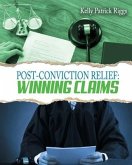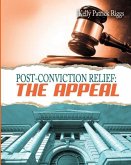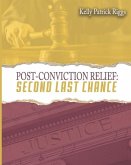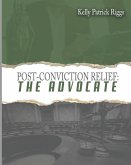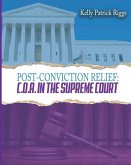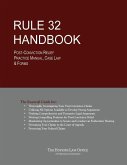This is the third book in the Post-Conviction Relief series. This installment is written to help correct the most basic problem in your case, the way you think. I have encountered hundreds of prisoners who failed to obtain post-conviction relief because they attempt to sound like a lawyer, that is a mistake. The post-conviction relief process is designed to allow prisoners to express themselves plainly without being required to know laws, policies or rules. This book is my effort to set a standard by which a layman can measure their ability to express themselves to a court effectively. This book will teach you how to present motions and petitions that are more pleasing to judges, who, in most cases, want you to have what you deserve under the law. It will teach you how to refine your pleadings by understanding the importance of critical word usage and syllogistic reasoning. You will learn the importance of presenting a clear set of facts as opposed to a theory in law they already know. This book includes a full and accurate copy of the Federal Rules of Civil Procedure and other resource guidelines and materials. Most importantly, I'm sharing with you what I've learned in over 20 years of education. I also share with you what I've learned from hundreds of hours of experience yet translated into terms anyone can understand. Study this book and you will quickly learn the most important skill taught in any law school, the skill to learn.
Hinweis: Dieser Artikel kann nur an eine deutsche Lieferadresse ausgeliefert werden.
Hinweis: Dieser Artikel kann nur an eine deutsche Lieferadresse ausgeliefert werden.


